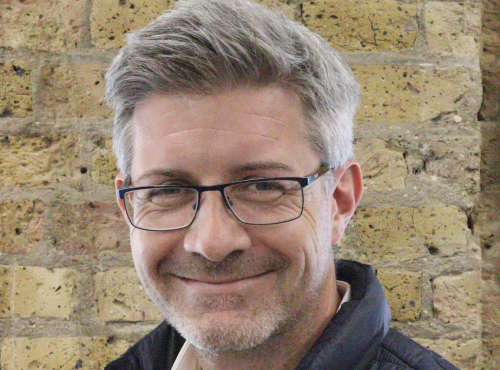In 1996 I spent two unforgettable months working as a journalist in South Africa. It was a time of huge excitement — Nelson Mandela had been in power for little more than 18 months — but there was also huge apprehension about the future.
I was therefore delighted and intrigued to be invited back, 20 years later, to speak at a conference in Johannesburg organised by 10X Investments.
In an action-packed week, I gave two presentations and four media interviews, and met dozens of investors and advisers. I also managed to introduce my 16-year-old son to one of my heroes, Archbishop Desmond Tutu. Here are five things I learned.
1. Violent crime remains a big problem
Let’s start with the bad news. Violent crime was a big problem 20 years ago; today, if anything, it’s worse. About 50 people are murdered in South Africa every day. A journalist friend told me of several people she know who’ve been shot; she herself was recently forced to hand over all her valuables when hijacked by a man with a gun at some traffic lights. The same friend, incidentally, is convinced that Oscar Pistorius didn’t mean to murder his girlfriend; apparently it’s not uncommon for people to be so afraid of intruders that they keep a gun in the bedroom.
2. Corruption is rife
Engage in conversation with anyone about politics and it won’t be long before they mention corruption. But politicians aren’t the only ones guilty of cronyism and dishonesty. Civil servants, police officers and businesspeople are all involved in it. The 12-year ban recently ban handed to cricketer Thami Tsolekile also serves as a reminder that, a decade and a half on from the Hansie Cronje scandal, South African sports stars remain vulnerable to bribes from betting syndicates.
3. The biggest divide isn’t racial
Crime and corruption notwithstanding, I was actually fairly encouraged by how the Rainbow Nation is developing. Yes, of course there are deep divisions; but, on the whole, they aren’t racial divisions. Considering the ills of apartheid are still so fresh in the memory, people’s willingness to bury the hatchet and live in peace with each other is pretty impressive. After the recent local elections, political parties with wholly different outlooks have also shown a willingness to co-operate. No, the biggest divide is a financial one — between the haves and have-nots. Long-term stability will only come when the huge inequality in wealth is properly addressed.
4. People remain cheerful
The main reason why, despite all the problems it faces, I remain optimistic about the future for South Africa is the positive outlook of its people. Yes, poverty abounds and the economy remains depressed, and yet the underlying mood is one of cheerfulness. Perhaps it’s borne out of decades of strife and suffering, but there’s a friendliness and joviality about ordinary South Africans that we in care-worn Europe could learn from. The highlight of my trip was renewing my acquaintance with Archbishop Desmond Tutu, whom I’ve had the pleasure of interviewing several times over the years. Although very frail at the age of 85, Tutu has lost none of his famous wit and sparkle. He embodies the spirit of the new South Africa, and as long as that spirit lives on, so does the hope of a brighter future.
5. Investing is changing for the better
Finally, I ought to mention investing. As in most of Africa, active fund management is still completely dominant. The proportion of assets invested in low-cost index funds is less than 5% and, even by UK standards, the costs entailed with using active funds are high. Yet fund performance has been dismal. According to S&P Dow Jones Indices, 75% of domestic equity funds have failed to beat their benchmark over five years, and in that time just one South African-domiciled international equity fund has outperformed the index. That said, there are encouraging signs. Firms, like 10X Investments, which take an evidence-based approach, are enjoying rapid growth. I was also heartened by the level of media interest in low-cost investing and the need for greater transparency. While I was there I did one radio interview and three television interviews, including this one for CNBC Africa.









